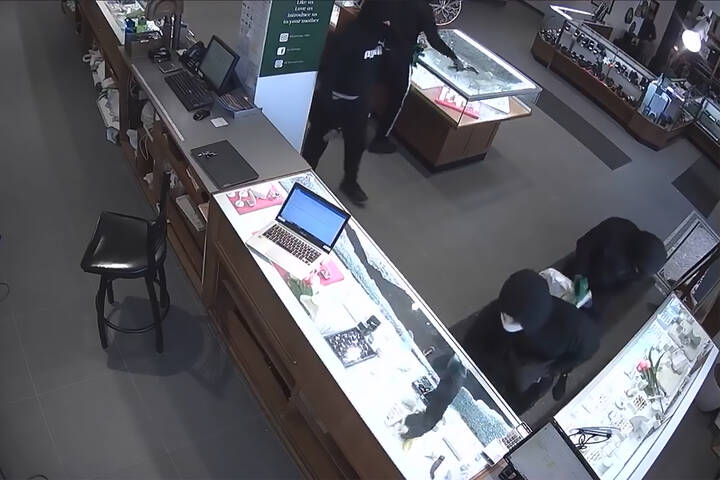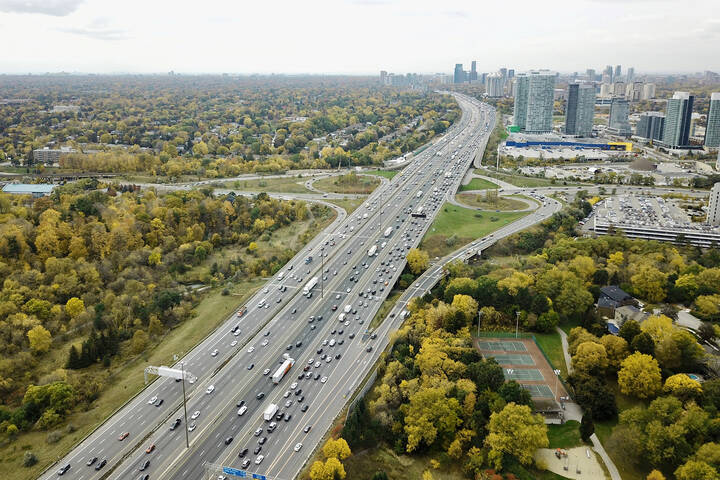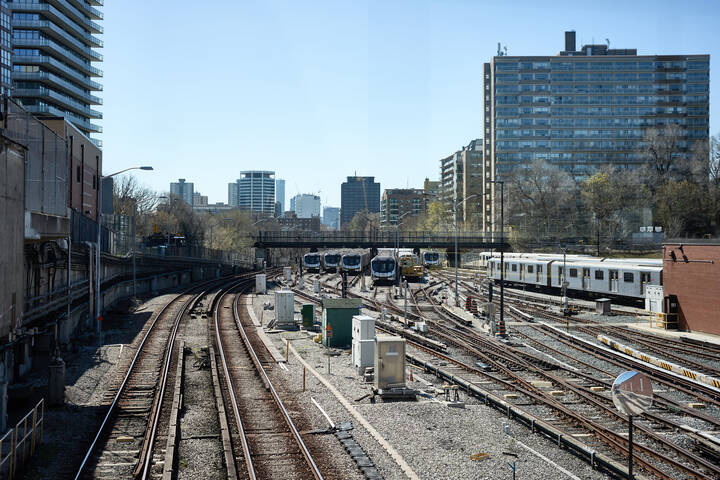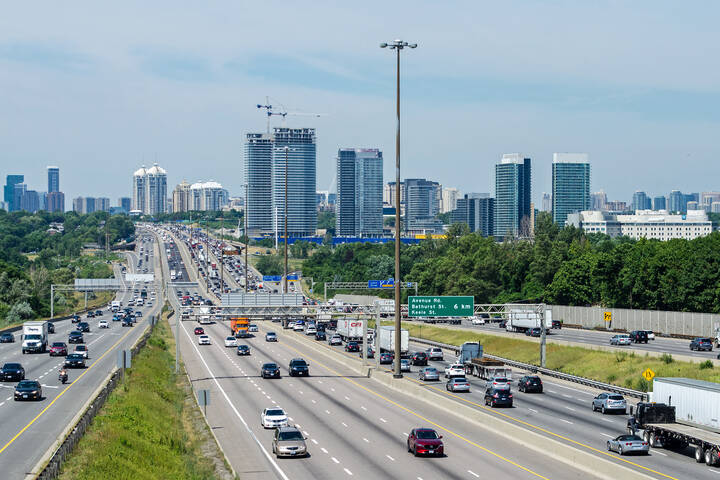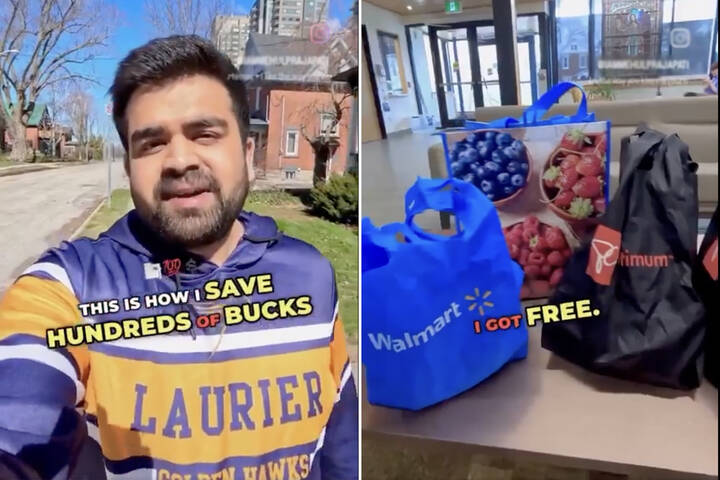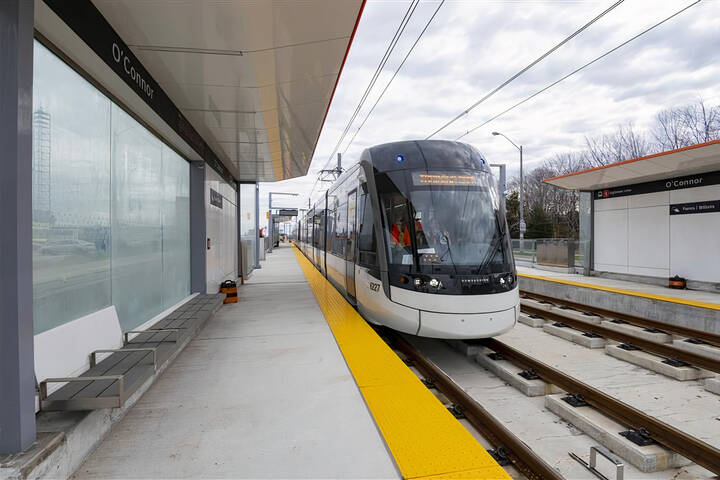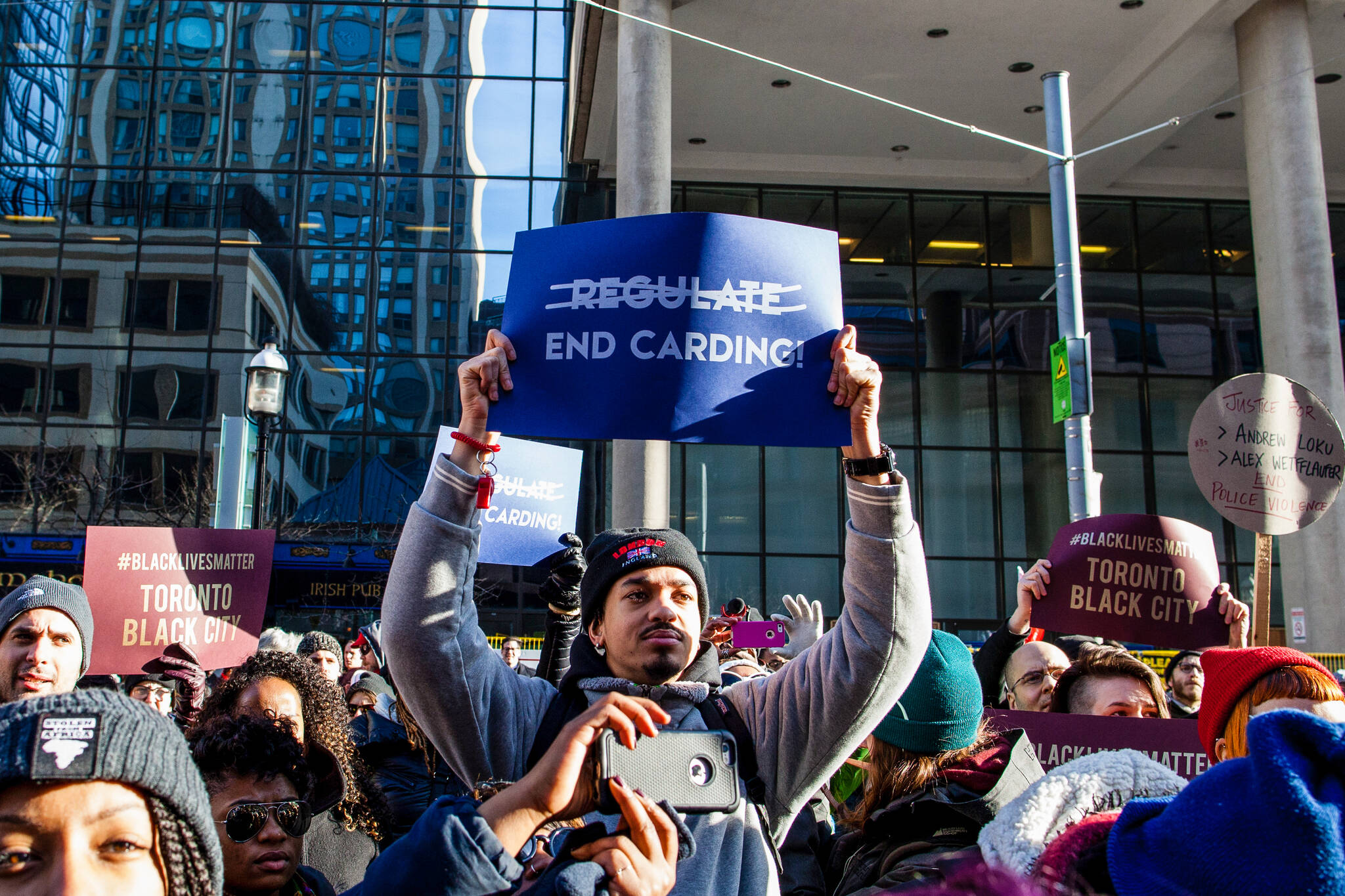
Ontario judge says police carding should be completely abolished
Police shouldn't be able to stop, question and document the identities of random citizens for no apparent reason — not even if their "Spidey sense" tells them something's amiss.
This is why Ontario strengthened its regulations against arbitrary street checks at the beginning of 2017, and why, according to Court of Appeal Justice Michael Tulloch, the practice of "carding" should be banned altogether.
It's a conversation that never seems to end in Toronto, which suspended street checks in 2015, but one that's important to follow right now, in particular, as Premier Doug Ford's PC government once again reconsiders whether police can or can't demand a person's ID based on their race or presence in a high-crime neighbourhood.
Police have long argued that #streetchecks/'#carding' help reduce crime. But according to a new independent review of carding laws in #ON there is little evidence to support this - plus, its impact on racialized groups outweighs any perceived benefits. https://t.co/wcBXbbOakl pic.twitter.com/mqX84exAB6
— NCCM (@nccm) January 3, 2019
Earlier this week, Tulloch and his team released a more than 300-page-long independent review of the previous Liberal government's regulations on carding, which were brought in after years of opposition to ensure that police-public interactions be conducted "without bias or discrimination."
The Independent Street Checks Review took approximately 18 months to compile, with input from more than 2,200 people, including representatives from 34 different police services.
In it, Tulloch explains that there is little evidence to show that "random, unfocused collection of identifying information"actually reduces crime — and certainly not enough to "outweigh the social cost of the practice.
👏🏽👏🏽👏🏽👏🏽
— ✨GRN💫☮️ (@GeraldRNewton) January 4, 2019
THANK YOU Judge Tulloch#Carding is an insult to the people of #Ontario
Sorry #torontopolice, this isn't nazi germany
No one has to carry "papers" in #Canada #onpoli #HumanRights
"The negative impact of random carding, particularly on Indigenous, black and other racialized communities, combined with the limited evidence that it is an effective police tool, brings me to only one logical conclusion and that is that random carding should end," said Tulloch during a news conference in Toronto on Friday.
If the practice does continue in any form, Tullich reccomends tightening the regulations even more so that police "must have objective and credible grounds" to justify stopping someone and taking down their information.
Stops must be based on more than a hunch or spider sense. Officer must be able to articulate the reason for the suspicion.
— sarbjit kaur (@sarbjitkaur1) January 4, 2019
A recent surge in gun violence around the City of Toronto has prompted some to call for return of restrictionless carding privileges for police.
Tulloch refutes these suggestions in his report, writing that random street checks actually appear to exacerbate gang activity, which police say was responsible for up to 90 per cent of gun violence in Toronto as of July 2018.
"There is a strong link between a sense of social alienation due to discrimination and young people joining gangs," the report reads."There is also evidence that a substantial number of these young people who are experiencing or perpetrating youth violence are being regularly subjected to police stops."
Carding only contributes to mistrust and anger among black youth. Surely we can collectively develop better solutions to curb crime and engage the youth, particularly in the regions where at-risk youth/young adults reside. #Carding #TOPoli
— Sara (@BeatsTOR) January 4, 2019
As it stands now, regulated interactions must involve an officer telling anyone who is stopped in the process of "looking into suspicious activities" or "gathering intelligence" or "investigating general criminal activity in the community" that their participation is voluntary.
People stopped for these reasons must also be told why they're being asked for ID, that any information they provide may be recorded, and that if they do chose to provide information, "some of the identifying information that may be requested, such as the person’s religion, is being requested by law to help eliminate systemic racism."
These rules do not apply to police officers during traffic stops, when executing a warrant, when investigating a specific crime or when arresting or detaining someone.
2 more chapters to read. I’m still struggling to understand how in light of the known discrimination faced by aboriginal & black persons at all points in the criminal justice system #carding in any form (which will foreseeably disproportionately affect them) doesn’t violate s.15 pic.twitter.com/E6YYRMrD8E
— Michelle Velvet (@ahtolivethelife) January 4, 2019
Doug Ford's government is set to introduce its own police reform bill this year, according to The Star, but they do plan to take Tulloch's report into consideration.
Ontario Minister of Community Safety and Correctional Services Sylvia Jones released a statement on New Year's Eve in which she wrote that "Justice Tulloch's report will inform our work as we fix Ontario's policing legislation."
It's hard to say what the end result will look like, though it's of note that Ford, in his July Throne Speech, promised to "free" Ontario's police services from any "onerous restrictions that treat those in uniform as subjects of suspicion and scorn" and give them "the tools, support and resources they need to enforce the law."
Latest Videos
Latest Videos
Join the conversation Load comments
